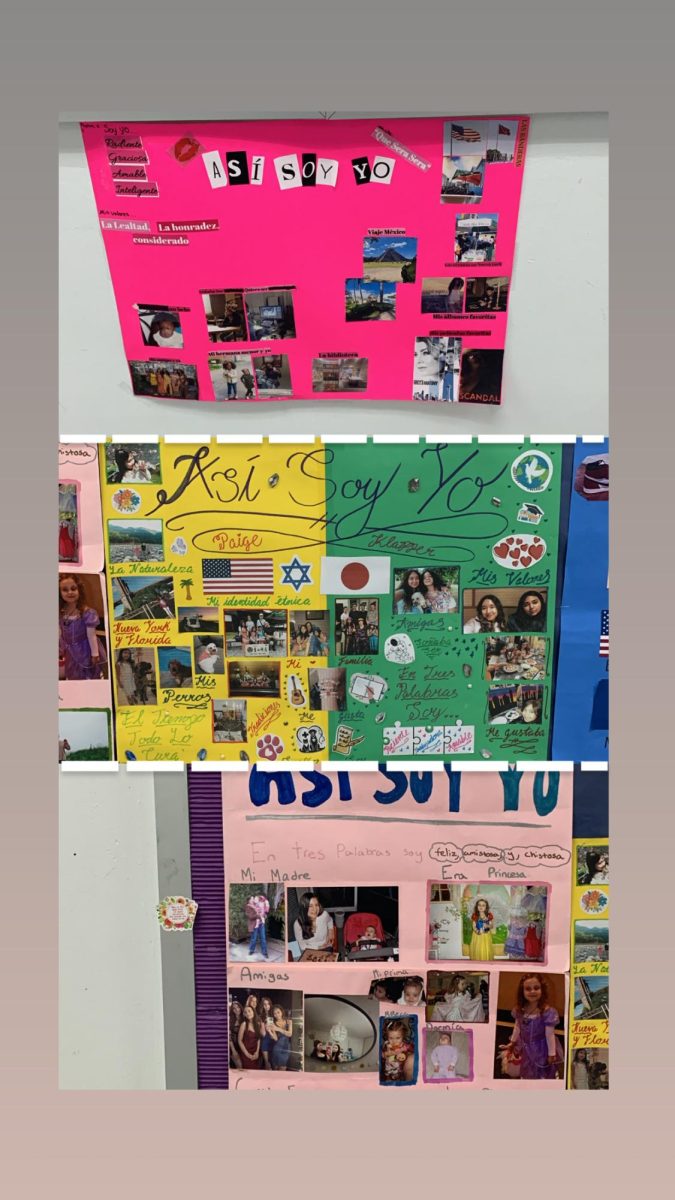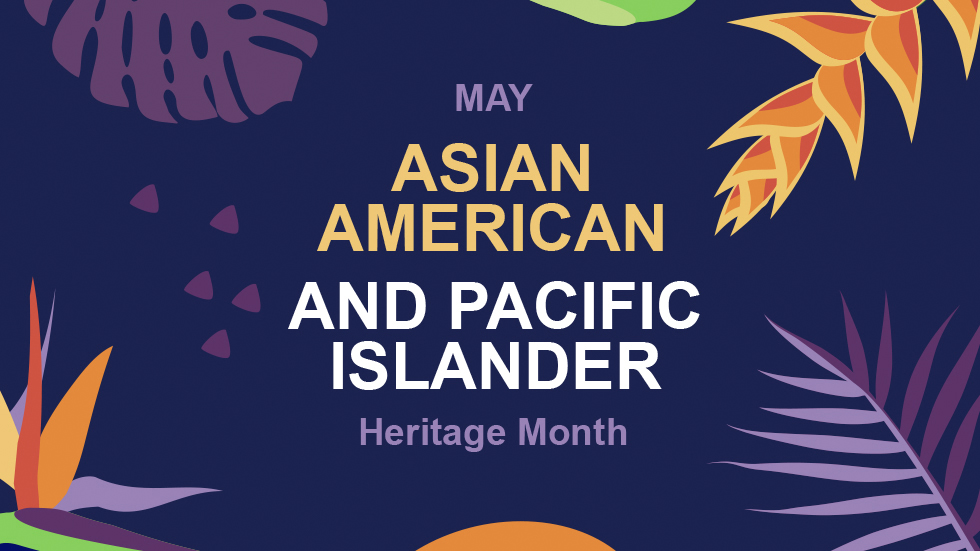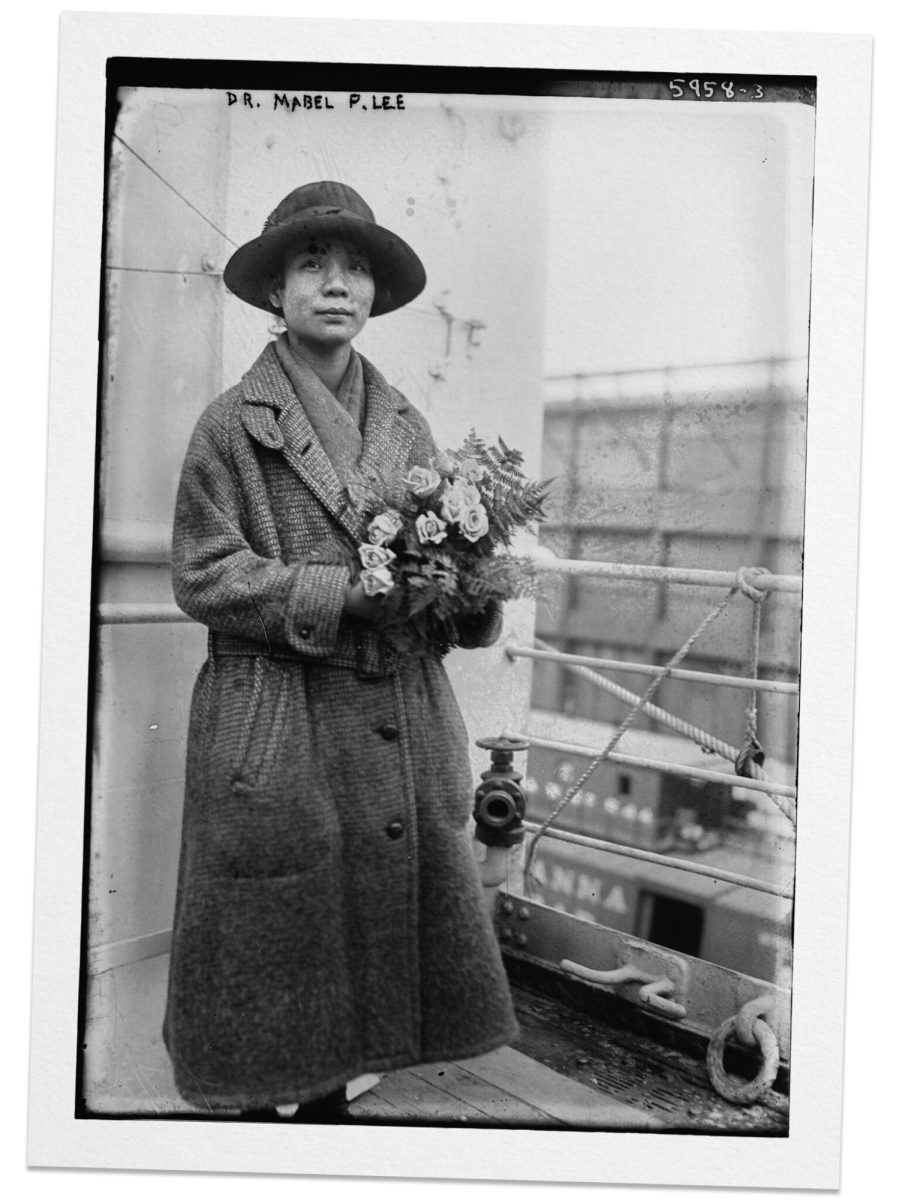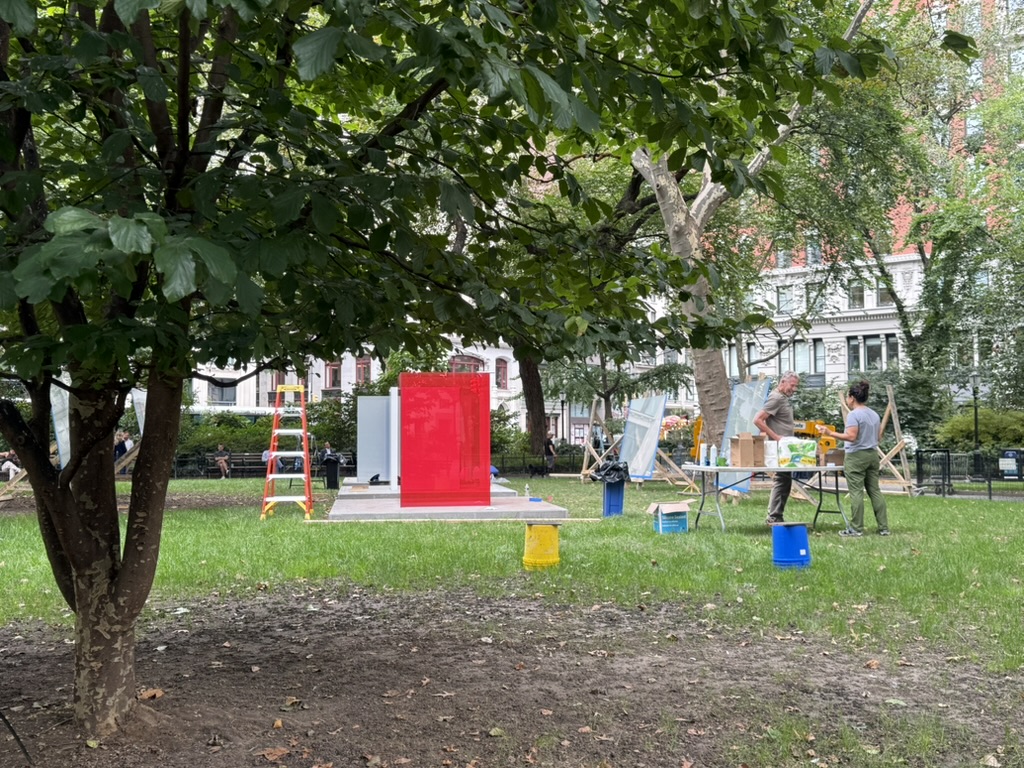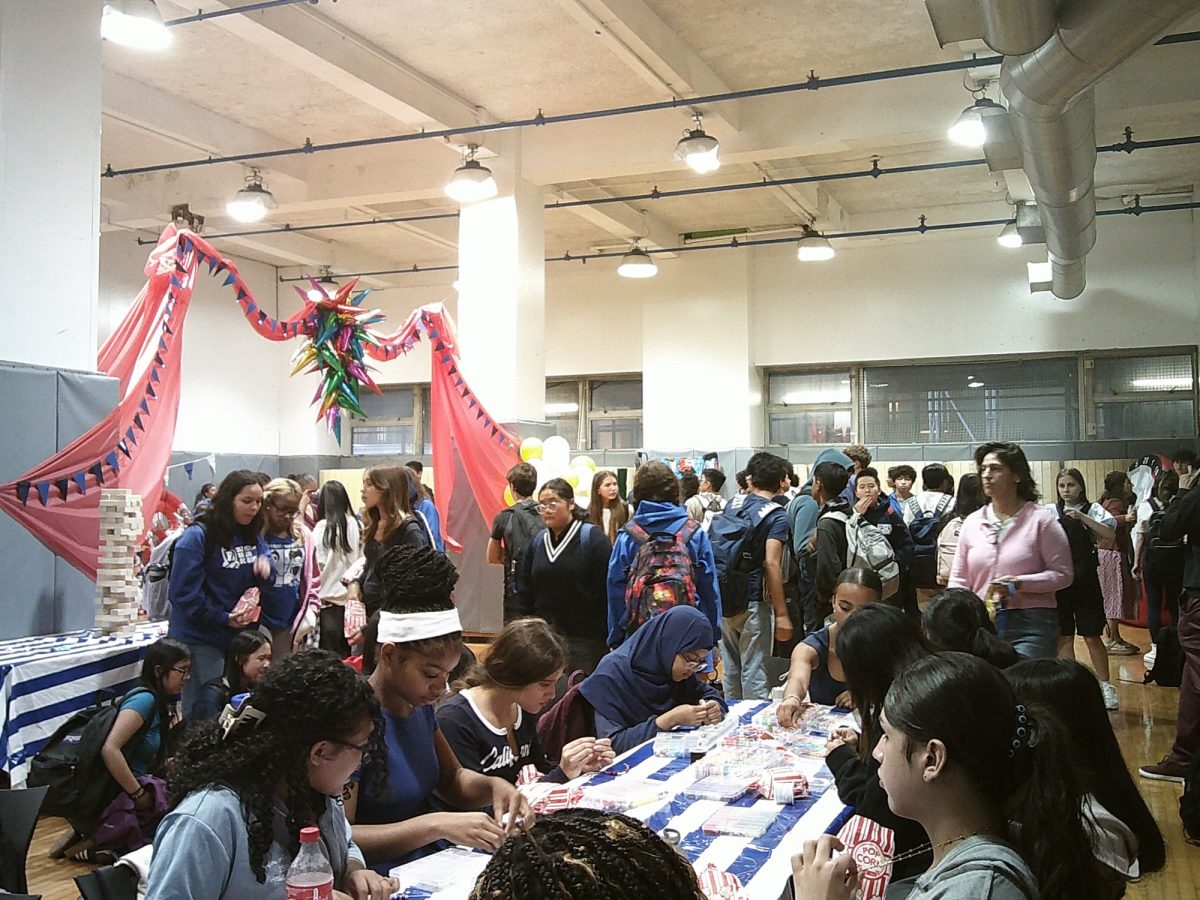The literature space can sometimes feel pretentious even though literature should be accessible to everyone.“The classics” is a phrase we hear in reference to literature all the time, but what does that even mean?
One of man kind’s best achievements is the written word. The earliest known example of the written word was found in Mesopotamia. Sumerian cuneiform was developed circa 3500-3000 BCE and was originally intended for economic purposes. The written word has since transformed into more than just mere bookkeeping—it has developed into an art form, one that has stood the test of time.
At Baruch, students are warmly encouraged to investigate those unknown voices and discover significance in both the new and the “ancient.” Ultimately, a classic’s power may not come from the time period in which it was written, but rather from the way it influences our thoughts, feelings, and development throughout time. For what is more classic than influence?
Baruch’s curriculum is aimed to aid students in answering those questions. Beginning with Global Literature I, taught by freshman and sophomore teacher Darius Lewis, the class is aimed to build the foundation for students as they progress into college level courses.
This year, he did teach a classic–Ray Bradbury’s “Fahrenheit 451.” The book was met with some success, showing that occasional dips into the classics can, in fact, be a good experience for students here.
“There’s a certain excitement that comes from it because actually, instead of being bored, ‘like, oh, reading another classic’ now I’ve noticed a flip of effect of like, ‘oh, we’re reading this?’ Like I’ve heard about it. And so there’s that engagement piece that can happen,” said Lewis.
But Lewis doesn’t limit his students to the older canon. He seeks to redefine the classics by including what he calls “modern day classics” in his curriculum. “I do have a ‘classic’ in there,” he said. “I put quotes because there are modern classics as well. It’s like ‘Homegoing’ by Yaa Gyasi is a modern day classic. To me, I feel like there’s so much in there.”
Lewis is actively expanding the definition of classics by introducing the next generation in literature. As a result of this, Lewis observed that student engagement has greatly increased as many students share the desire to familiarize themselves with the old and the new.
That excitement is something sophomore Sophie Young has experienced herself. “ I think classics are vital in secular education because they present significant themes and messages that are crucial to learn at a young age,” she said.
Sophomore Addison Cintron shared a similar view. “They allow students to have more critical thinking skills and ask questions on harder and deeper topics,” she said. “I do believe classics are timeless because no matter the generation they will always be relevant.”
For Cintron, one novel stood out in particular. “I believe that ‘Animal Farm’ had the greatest influence on American culture because the story is a representation of the Russian revolution, a big moment in history that will always be remembered,” she said.
Young resonated with this appreciation for the relevant nature of classic literature but considered the broader themes that continue to have a profound impact on students.
“A lot of these books discuss power dynamics, abuse of power in government, and general human nature. These are important topics we will face in the future and also help us build our understanding of morality. I truly do believe they are timeless because despite the time periods they were written in, students can always find connection back to the real world.”
Although many students enjoy reading classics, there still remains an audience who doesn’t. Raising the question: is a book still a classic if people do not enjoy it?
Lewis thinks so. “I think you can also have a classic without you necessarily enjoying it, I think that still doesn’t mean it’s not a classic.”
Young agreed, using “The Lord of the Flies” as an example, adding nuance to Lewis’s notion.
“I believe ‘Lord of the Flies’ has had a massive influence on American culture,” she said. “I think ‘The Lord of the Flies’ inspired Americans to take a deeper look at the importance of civilization and government.”
Many share a similar sentiment with Lewis and Young. Ultimately, it seems, the curriculum here–classics or otherwise–is designed to help students think about one central insight: life’s big questions, the kinds of questions only a good book can answer.
“There’s a unifying humanity to everything. You might jump into a time period that you’ve never been a part of before with a culture that you’d never heard of before. But that doesn’t make it less valuable,” Lewis said.




